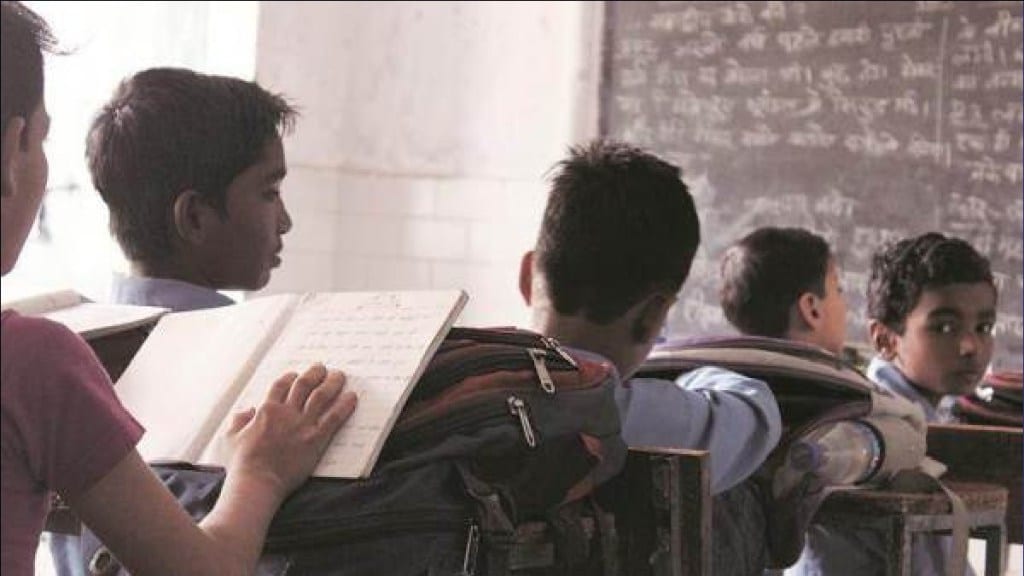The primary goal of the National Education Policy (NEP) 2020 is to revolutionise the education system in India, covering both school and higher education. The policy recognises that school education plays a fundamental role in a child’s life, and therefore, proposes a transformational shift from the existing 10+2 system to a new 5+3+3+4 structure. The NEP 2020 lays emphasis on developmental perspectives and recommends curricular and pedagogical changes at various stages of schooling, including foundational, preparatory, middle, and secondary levels, according to an official release.
NEP 2020 places significant emphasis on competency-based education, which encompasses cultural rootedness, equity and inclusion, multilingualism, experiential learning, reduced content load, and integration of arts and sports in the curriculum, among other things, the release mentioned. In continuation of the NEP 2020, the Ministry of Education has commenced the development of four National Curriculum Frameworks (NCF), namely NCF for School Education, NCF for Early Childhood Care and Education, NCF for Teacher Education, and NCF for Adult Education, as per the release.
Furthermore, to develop the National Curriculum Frameworks for ECCE, School Education, Teacher Education, and Adult Education, a participatory process was undertaken to gather inputs from a wide range of stakeholders including teachers, parents, students, educational institutions, neo- and non-literate individuals, subject experts, scholars, and childcare personnel. This involved extensive public consultations, both in-person and online, which included more than 500 district level consultations and over 50 consultations with various Ministries, religious groups, civil society organisations, NGOs, and universities. The face-to-face consultations involved the participation of more than 8000 diverse stakeholders, facilitating discussions and deliberations, the release stated.
In digital mode, Mobile App survey has received feedback from around 1,50,000 stakeholders. The Citizen Centric Survey, launched by the Ministry of Education in August 2022, has received inputs from more than 12,00,000 stakeholders. Inputs are being received in all areas of ECCE, School Education, Teacher Education and Adult Education. The highlights of the inputs revealed endorsement of the recommendations of NEP 2020 from all the regions, according to the release.
Moreover, the Ministry of Education launched the NCF for the foundational stage on October 20, 2022, considering the inputs received. Additionally, a pre-draft of the NCF for school education has also been prepared, taking into account the diverse needs of students, multiple pedagogical approaches, and learning-teaching material at different stages of school education, the release said.
To ensure the effectiveness of the NCF-School Education (SE), it is crucial to gather feedback from students, parents, teachers, teacher educators, experts, scholars, and professionals on various sections and recommendations. It is important to note that this is a pre-draft, and the National Steering Committee will conduct several rounds of discussion before finalising it. Feedback from various stakeholders will aid the NSC in critically assessing the proposed modalities and approaches outlined in the framework, it added.


